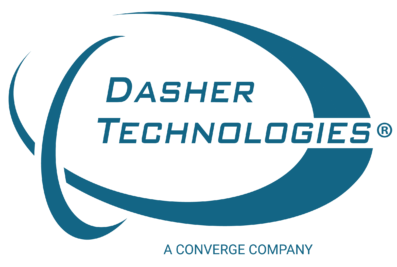by CRN Journalist Heather Clancy on
What does it mean to be the “best technology solution company in the United States?” Hint: it’s all about defining unique value with each unique customer.
This train of thought occurred to me immediately in mid-June, as I poked around the Dasher Technologies Web site, preparing to interview its senior sales executive. Actually, to be fair, here’s the complete mission statement: “Dasher Technologies is committed to being the best technology solution company in the United States by operating with the highest integrity and building lasting relationships with our customers and partners.”
Al Chien, senior vice president of sales for Dasher, which has its headquarters in Campbell, Calif., said this guiding principle has been instrumental in the solution provider’s successful transformation over the past four years from an almost exclusive relationship with Hewlett-Packard into a much more diversified provider of solutions centered on data center, infrastructure as a service, high-performance computing and green IT.
“A lot of companies like to think of themselves, putting their identity out there first,” Chien said. “We concentrate on what the customer values out of us. What is it they expect? Do they want an architecture? Is it our adaptability? It varies from customer to customer and from engagement to engagement.”
This is really difficult to do if your business is focused on just one product area or one vendor’s particular business agenda. “The breadth of our proposition is what we have really focused on over the past four years, as we have evolved,” Chien said.
To pull off its diversification, Dasher has made substantial investments in technical expertise: it has approximately 16 solution architects on staff that are capable of evangelizing vendor-neutral infrastructure solutions, about one-quarter of its entire workforce. That said, its strategic vendor partners include HP, Dell, Cisco, EMC, VMware, Oracle and NetApp. Engineers spend an average of four weeks out of the office annually engaged in activities focused on their ongoing education and development. One emerging area of particular focus for the upcoming year: big data analytics skills. Hence, its emerging relationships with companies like Cloudera and Eucalyptus.
“It’s not just about billable hours, it’s focused on solutions that may pay dividends in the longer term,” Chien said. That strategy is obviously working. Dasher just showed up for the fourth consecutive year on the 2014 Solution Provider 500 list, moving up 25 spots; it has ranked for the past three years on the Tech Elite 250, which recognizes deep technical investments; and its President and CEO, Laurie Dasher, was just named to the inaugural Women of th Channel Power 50 Solution Providers list. Currently, its services-to-product revenue ratio is around 20 percent to 80 percent. Over the next two years, however, Dasher hopes to boost the services component to 30 percent of sales without compromising its hardware business.
As counter-intuitive as it might seem, the company’s HP business has actually tripled in size since it decided to diversify its practice areas, Chien said. By being open, honest and transparent about taking on relationships that could be construed as competitive, Dasher negotiated the transition with minimum negative drama: it was Partner of the Year for 2012 and remains an HP Elite Partner for Converged Infrastructure. Dasher’s CEO holds a seat on the vendor’s partner council, and HP CEO will keynote the solution provider’s upcoming invitation-only annual executive forum. “Having business and having wins builds your credibility. Doing what you say you will do,” Chien said. “There is no substitute for that.”

